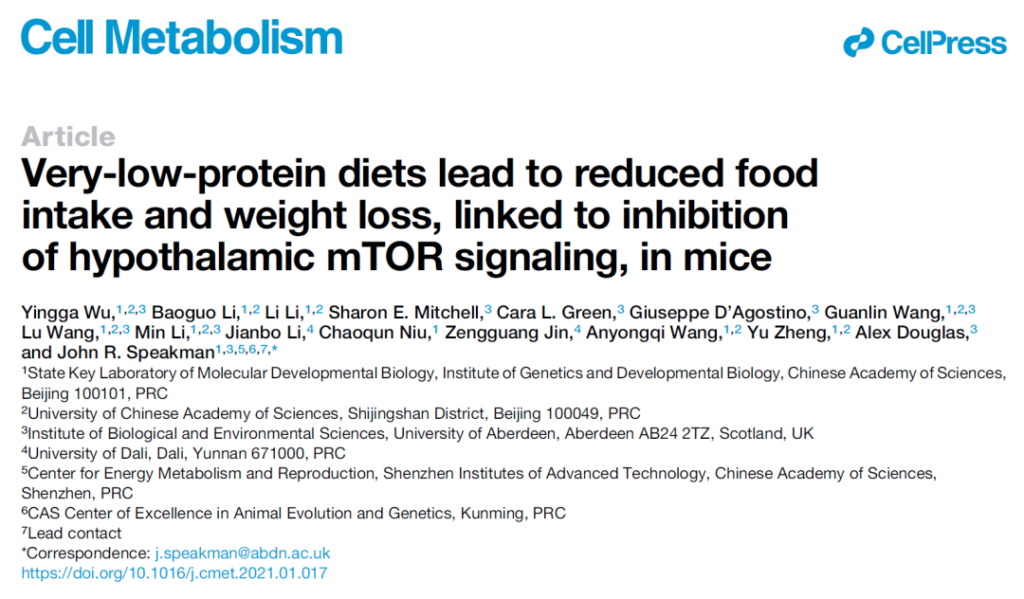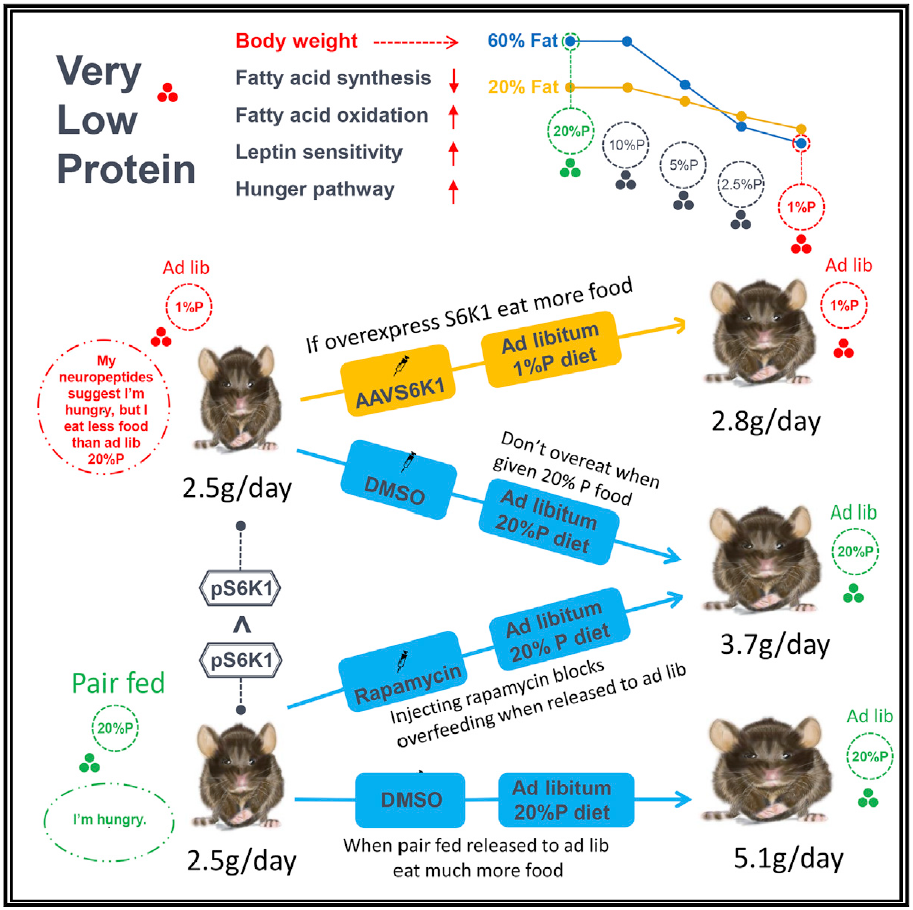mTOR signaling pathway: Low-protein diet can reduce body weight and body fat
- Aspirin: Study Finds Greater Benefits for These Colorectal Cancer Patients
- Cancer Can Occur Without Genetic Mutations?
- Statins Lower Blood Lipids: How Long is a Course?
- Warning: Smartwatch Blood Sugar Measurement Deemed Dangerous
- Mifepristone: A Safe and Effective Abortion Option Amidst Controversy
- Asbestos Detected in Buildings Damaged in Ukraine: Analyzed by Japanese Company
mTOR signaling pathway: Low-protein diet can reduce body weight and body fat
- Red Yeast Rice Scare Grips Japan: Over 114 Hospitalized and 5 Deaths
- Long COVID Brain Fog: Blood-Brain Barrier Damage and Persistent Inflammation
- FDA has mandated a top-level black box warning for all marketed CAR-T therapies
- Can people with high blood pressure eat peanuts?
- What is the difference between dopamine and dobutamine?
- What is the difference between Atorvastatin and Rosuvastatin?
- How long can the patient live after heart stent surgery?
mTOR signaling pathway: Low-protein diet can reduce body weight and body fat. Cell Sub-Journal: Low-protein diet can reduce body weight and body fat, this process is related to the mTOR signaling pathway.
The study puts forward a possibility that drugs can be used to suppress mTOR signals to reduce the hunger and overappetite caused by diet restriction and weight loss.
The human diet mainly includes three macronutrients: protein, fat and carbohydrates. There has always been controversy in academia over which macronutrients in the diet are the key factors for obesity.
In the early days, many scholars believed that the fat or carbohydrate content in the diet was the key factor leading to obesity. In recent years, the focus of research has turned to protein.
They believe that the purpose of the body’s food intake is not to obtain sufficient energy, but to ensure adequate protein intake.
Therefore, if the dietary protein content is too low, the body has to consume more food in order to meet a certain protein intake, resulting in excessive total energy intake, which in turn leads to overweight and obesity (“protein lever hypothesis”).
On March 4, 2021, the John Speakman team of the Institute of Genetics and Developmental Biology of the Chinese Academy of Sciences published in Cell Metabolism the title: “Very low protein diets lead to reduced food intake and weight loss, linked to inhibition of hypothalamic mTOR signaling, in mice” research paper.
The study showed that food with very low protein content, even in the context of high fat, can also reduce body weight and body fat, and further confirmed that this is related to the mTOR signaling pathway in the hypothalamus.
The study puts forward the possibility that the mTOR signal can be suppressed by drug means to reduce the hunger and overappetite caused by diet restriction and weight loss, which provides a new possibility for humans to lose weight through diet.

As early as 2018, John Speakman’s team published a paper in Cell Metabolism, revealing that fat in food is the main culprit in causing obesity in mice, and also found that low-protein content (5%) food did not increase food intake and weight.
The research team further explored the effect of lower protein content (1%, 2.5%) food on energy metabolism in mice, and found that even with low protein food, even with higher fat content, the weight and body fat of mice treated with it were significantly lower Compared with the control normal protein treatment group, the glucose tolerance level and learning and memory ability were also significantly higher than the control group.
Interestingly, although transcriptome data analysis showed that 1% low protein treatment caused the hunger pathway in the hypothalamus of mice to be activated, the food intake did not increase, and there was no image when re-fed with normal protein content food.
The overeating phenotype of calorie restriction-treated mice re-fed with normal food. Transcriptome data differential expression analysis results suggest mTOR signaling pathway. It may be related to this phenomenon.
In order to further verify this hypothesis, the mTOR signaling pathway in the hypothalamus was activated by intraventricular injection, confirming that the phenotype of lower body fat caused by low protein partly depends on the mTOR signaling pathway, and has nothing to do with the Fgf21, eIF2a and TRPML1 signaling pathways.
Targeted inhibition of calorie restriction treatment by intraventricular injection-the mTOR signal in the hypothalamus of mice fed with normal food can also mimic the effect of 1% low-protein food treatment.

The study puts forward a possibility that drugs can be used to suppress mTOR signals to reduce the hunger and overappetite caused by diet restriction and weight loss.
Given that mice and humans have much in common in physiology and metabolism, the results of this study provide new possibilities for humans to lose weight through dieting, and therefore have important translational biological significance.
mTOR signaling pathway: Low-protein diet can reduce body weight and body fat
(source:internet, reference only)
Disclaimer of medicaltrend.org



